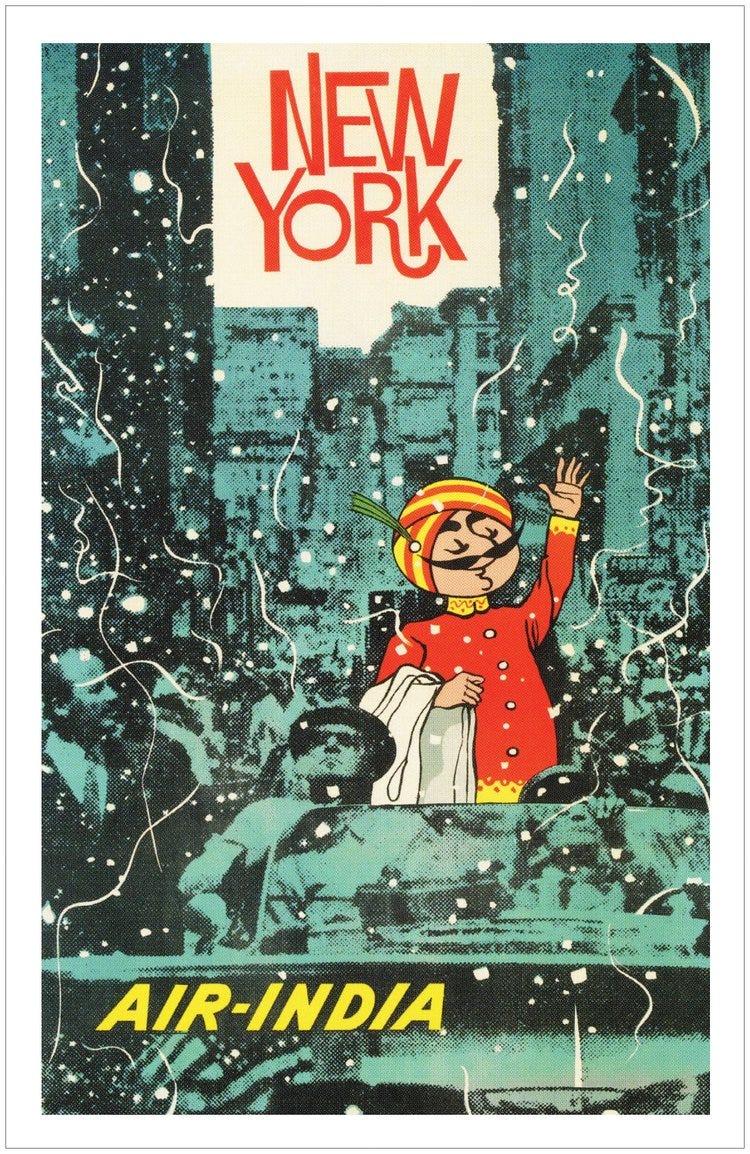Welcome to the Brown History Newsletter. If you’re enjoying this labour of love, please do consider becoming a paid subscriber. Your contribution would help pay the writers and illustrators and support this weekly publication. If you like to submit a writing piece, please send me a pitch by email at brownhistory1947@gmail.com.
Don’t forget to check out our SHOP and our Podcast.

How ‘Deewaar’ Inspired Hong Kong Cinema
The 1970s stands out as a decade defined by anti-establishment rebellious attitudes that penetrated the discourse of numerous regions, molding the contours of global pop culture. Against the backdrop of an emerging consumerism, many nations embarked on trajectories toward economic liberalism. Following the post-World War II era, characterized by relative peace and stability, a remarkable population boom coincided with a period of disposable income for households, a rarity not experienced for a long time. Yet, beneath this seemingly prosperous surface, a simmering rage began to unfold. The harsh realities of the Vietnam War in the U.S., the Emergency declared by Indira Gandhi in India, and the growing discontentment of left-leaning Hong Kong, still under British colonial rule, collectively eroded much of the trust in state institutions, particularly among the youth. Their respective media began to mirror and, in turn, influence these shifting attitudes in noticeable ways.
The Indian film industry, mirroring the disillusionment experienced by Indian society after Indira Gandhi declared a state of emergency—stifling press freedoms, civil liberties, and indefinitely postponing elections—began to distance itself from the flowery and gentle heroes of the past. Movies evolved into a vehicle for expressing anti-establishment criticisms in their plots, characters, and tropes. Notably, the emergence of the "angry young man" archetype, popularized by Amitabh Bachchan in the Yash Chopra-directed and Salim-Javed-written film Deewaar, became a prominent manifestation of this societal shift.





